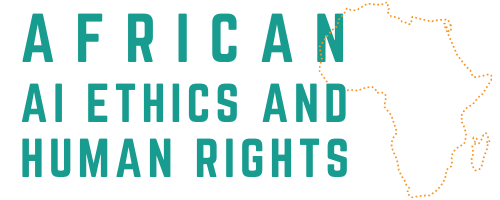Research
Research Outputs
A number of research outputs have been generated by the grant recipients including the development of websites, numerous journal articles and publications and video content generated through workshops.
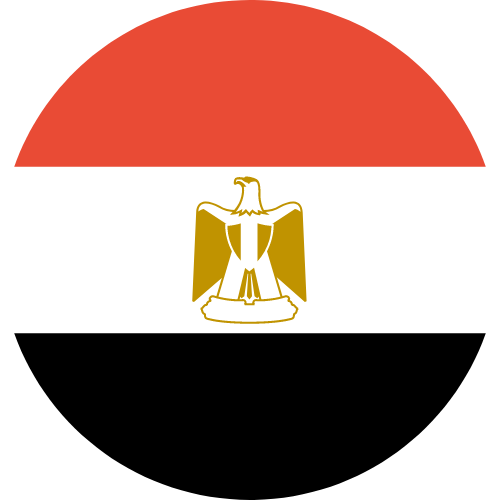
Coming soon
Smart and Future Cities Laboratory for Sustainable Urban Solution, Cairo, Egypt

Coming soon
Addis Ababa Institute of Technology, Ethiopia

Coming soon
Institute for Development Studies, University of Nairobi, Kenya

Coming soon
African Centre for Technology Studies, Nairobi, Kenya
Team Profiles
Organisation: Institute for Development Studies, University of Nairobi
Project Title: Can Digital Credit in Kenya Be Made More Responsible?
Country: Kenya

Dr Radha Upadhyaya

Keren Weitzberg

Linda Bonyo
Principle Investigator: Dr. Radha Upadhyaya
Project Description:
Across Africa, credit-lending institutions and banks are increasingly turning to digital and mobile phone data to calculate individuals’ risk profiles and provide people previously excluded from the formal banking sector with micro-loans and other financial services. While the use of AI in financial services holds the potential to increase financial inclusion, it also poses numerous ethical challenges.
The project explored the following research questions:
1) How can the regulatory and legal landscape enable users to be better informed and protected at every stage—data collection, lending, repayment, and listing with Credit Reference Bureaus?
2) How to design a financial system that gives credit but doesn’t cause over-indebtedness and supports the real economy?
3) What are the unique needs and vulnerabilities of unbanked populations, whose concerns should guide the ethical use of mobile phone data for automated credit decisions?
Organisation: African Centre for Technology Studies
Project Title: Artificial Intelligence or Jobs: Which Way Forward For Africa
Country: Kenya
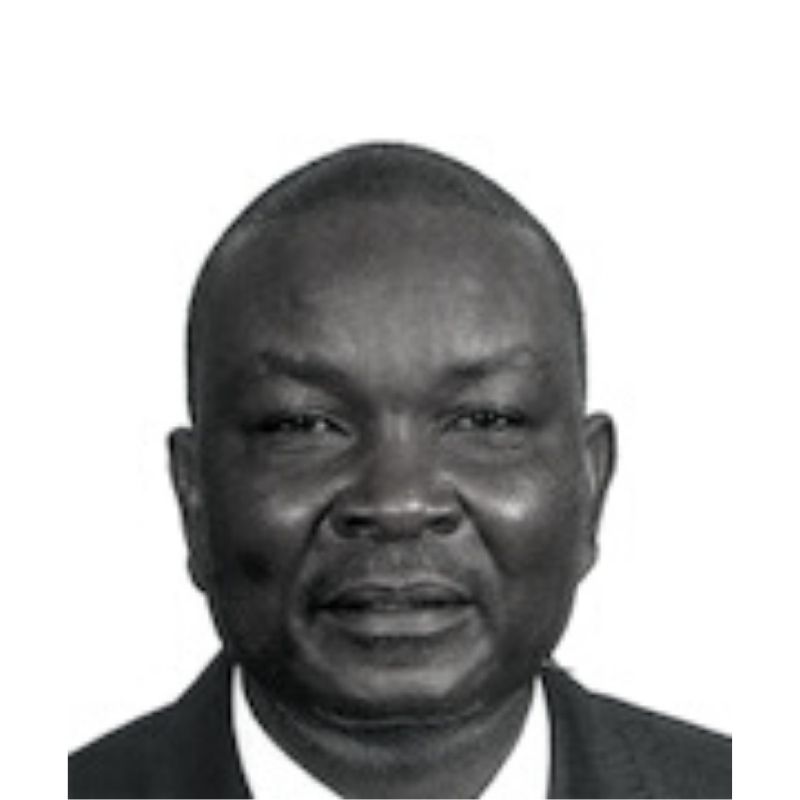
Prof. Tom Peter Migun Ogada

Mercy Ayub

Samuel Wanjau
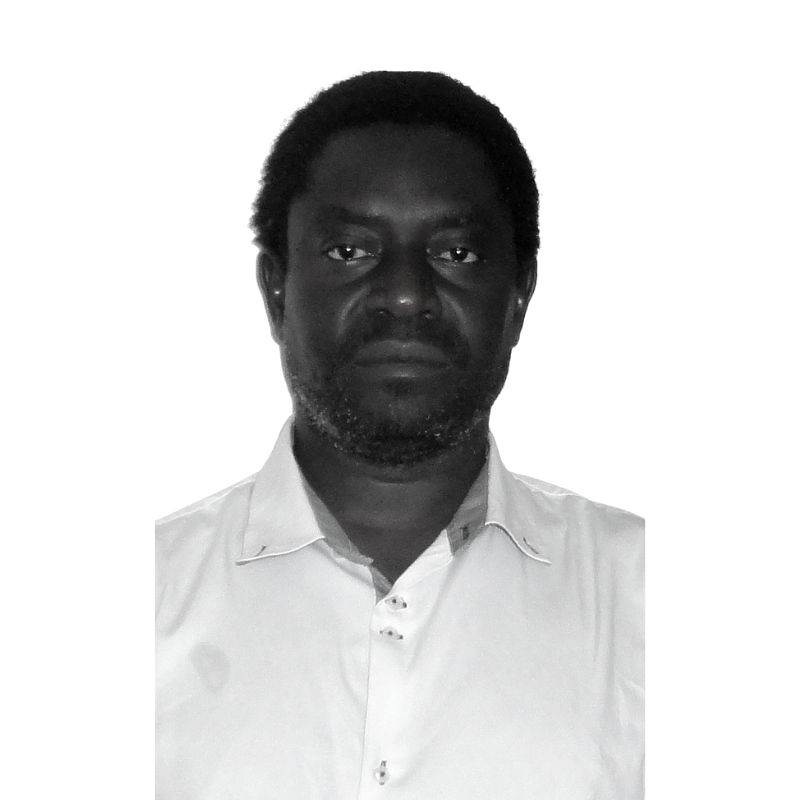
Dr. Winston Ojenge
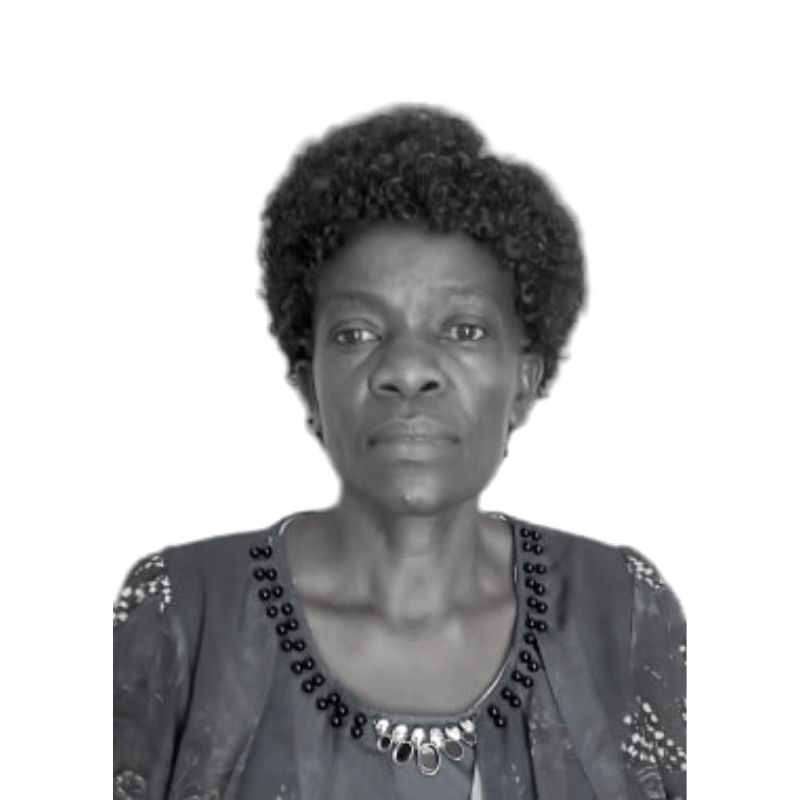
Margaret Galia

Esther Ntinyari Magaju

Samuel Mibeyi
Project Description:
The objective of this research was to generate evidence to inform policies that can enhance adoption of AI in Africa as well as to be used, through awareness creation, to demystify narratives and perceptions of the local population and sensitize them on the benefits of AI to the economy.
Organisation: School of Law, University of KwaZulu-Natal
Project Title: Artificial Intelligence in Healthcare in South Africa
Country: South Africa

Prof. Donrich Thaldar

Shiniel Naidoo

Beverley Townsend

Meshandren Naidoo

Dusty-Lee Donnelly
Principle Investigator: Prof. Donrich Thaldar
Project Description:
The objective of this research was two-fold: first, to assess and clearly delineate the AI normative framework within SA and consider how this aligns with human rights, ethics and international best practice; and secondly, to suggest how any insufficient alignment might be remedied.
Organisation: University of Lagos
Project Title: What Value is in the Code? Human Rights by Design in AI Governance?
Country: Nigeria
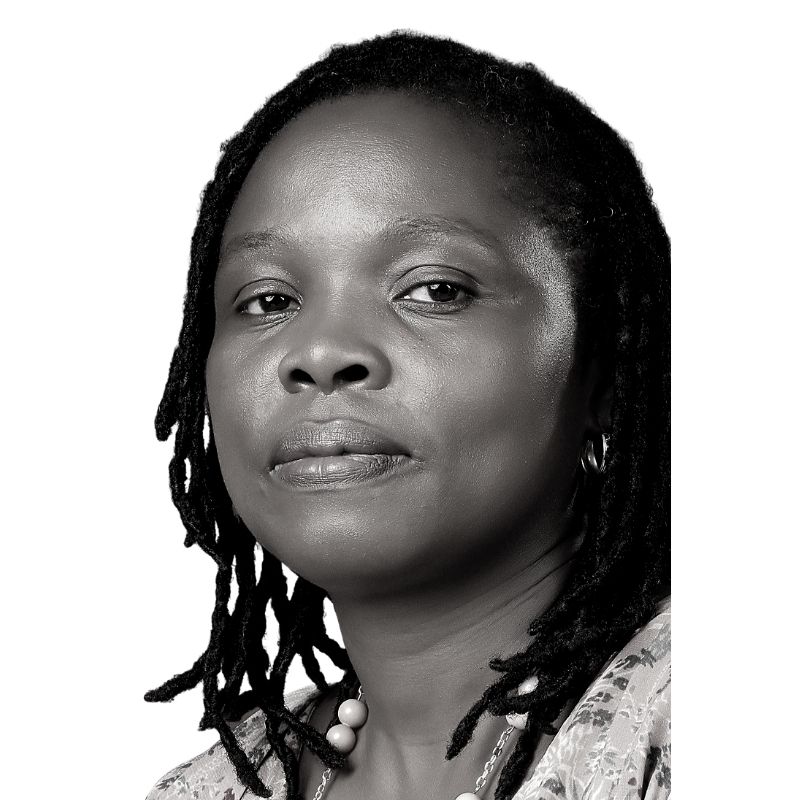
Dr. Adekemi Omotubora

Chika Yinka-Banjo

Akinola Akintayo
Principle Investigator: Dr. Adekemi Omotubora
Project Description:
Using AI-powered health-tech in two African countries, namely, Nigeria and Kenya, as a case study, this research explored the concept of human rights by design (HRsbD) as a governance framework for the development and deployment of good and ethical AI in Africa.
Organisation: Midlands State University, Faculty of Law
Project Title: Examining the jus ad bellum-jus in bello-human rights law dichotomy from an African freedom ethics perspective: Towards a comprehensive response to autonomous weapon systems.
Country: Zimbabwe

Thompson Chengeta
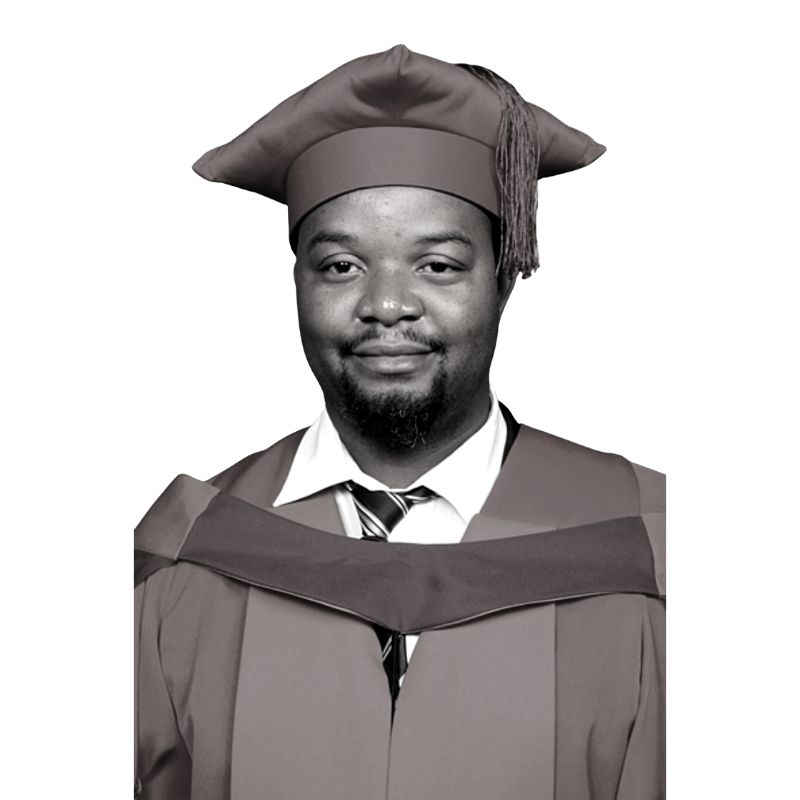
Gift Manyatera
Principle Investigator: Dr. Thompson Chengeta & Dr. Gift Manyatera
Project Description:
In the United Nations (UN) discussions on autonomous weapon systems (AWS), States and scholars have argued that jus in bello should guide deliberations on whether or not AWS are acceptable.
States have taken the position that the UN Convention on Conventional Weapons (CCW) is the appropriate framework for deliberations on AWS. The scope of application of the CCW is limited to situations of armed conflict where jus in bello is applicable. As a result, the CCW framework maintains the jus ad bellum-jus in bello dichotomy. Given that critical African values such as freedom ethics are largely located in jus ad bellum, and given the potential impact of AWS on jus ad bellum, the research critiques the idea of a strict adherence to the aforementioned dichotomy when States deliberate about acceptability of AWS. The research uses critical theories such as decolonial theory and the theory of situated knowledge to show how certain global legal arrangements results in exclusion of African values and epistemic injustice.
Organisation: Addis Ababa Institute of Technology
Project Title: Socio-technical considerations for the design and development of AI in Africa.
Country: Ethiopia

Elefelious Getachew Belay
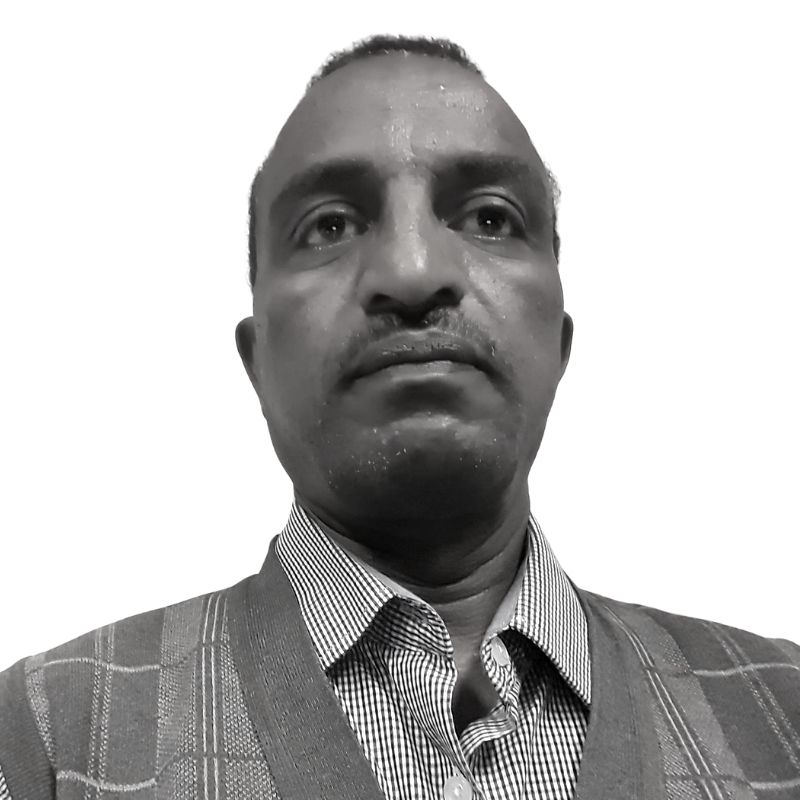
Getachew M. Hailemariam
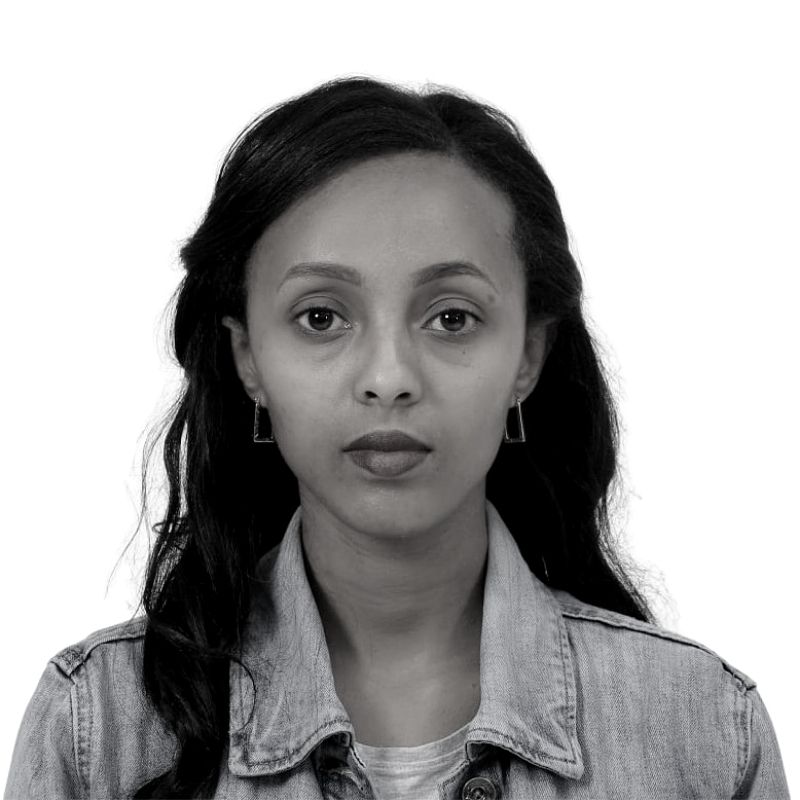
Nuniyat Kifle
Principle Investigator: Dr. Elefelious Getachew Belay
Project Description:
This research explored the human factors that affect the design and development of AI in Africa, and what technical considerations are relevant for designing and implementing ethical AI in Africa.
Organisation: Smart and Future Cities Laboratory for Sustainable Urban Solution (SFCL Lab), Faculty of Engineering, Ain Shams University, Cairo
Project Title: The Cairo Charter: Urban AI in Africa for Social & Environmental Justice
Country: Egypt
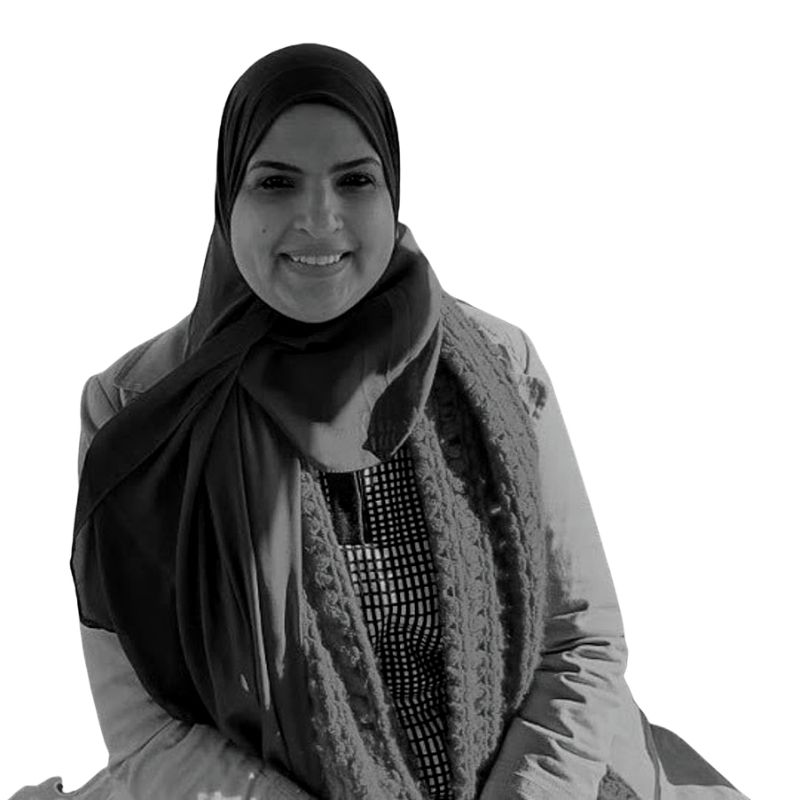
Samah Mohamed El Khateeb

Stephanie Sherman

Katrien Pype

Mennatullah Hendawy
Principle Investigator: Dr. Samah Elsayed
Project Description:
This project explored a framework for Urban AI focused on ecological capacity and environmental and social justice as a way of ensuring equitable and ethical distribution of forwarding resources.
The Cairo charter project is being developed via an integrated design research method combining experts and community innovators focused on investigating questions related to the role of Urban AI in enabling cities in Africa not only to be technologically equipped, but also ecologically sustainable, environmentally ethical, and social justice. The findings from this research can be deployed in urban planning projects across Cairo, the continent, and beyond.
Organisation: Uganda Management Institute
Project Title: Buying Ethical AI Solutions for Government: Why is ethical awareness in public procurement important in the deployment of ethical AI solutions in Uganda and Kenya?
Country: Uganda
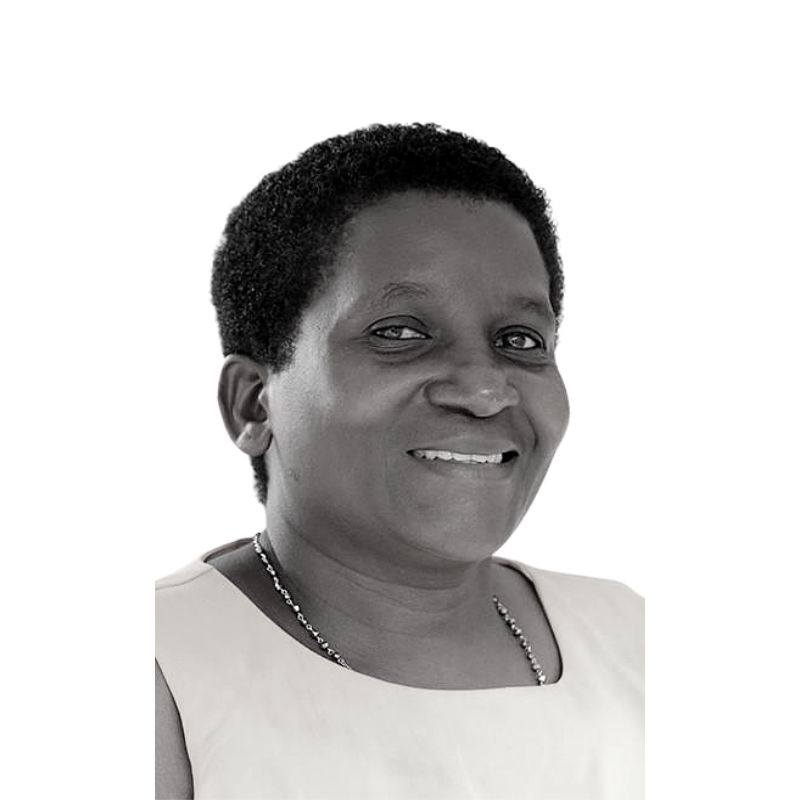
Dr. Oluka Pross Nagitta

Prof. Emmanuel Awuor

Associate Professor Godfrey Mugurusi
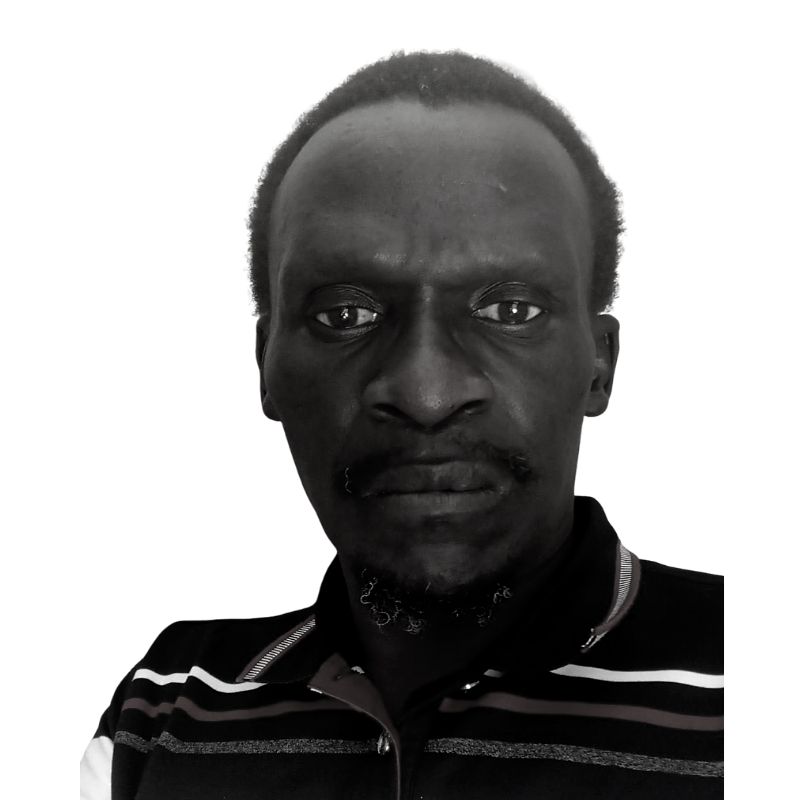
Mr. Peter Adoko Obicci
Principle Investigator: Dr. Pross Oluka Nagitta
Project Description:
This project focused on the governance of AI procurement in Uganda and Kenya, highlighting public procurements’ gate-keeping role to ethical AI in these two countries.
